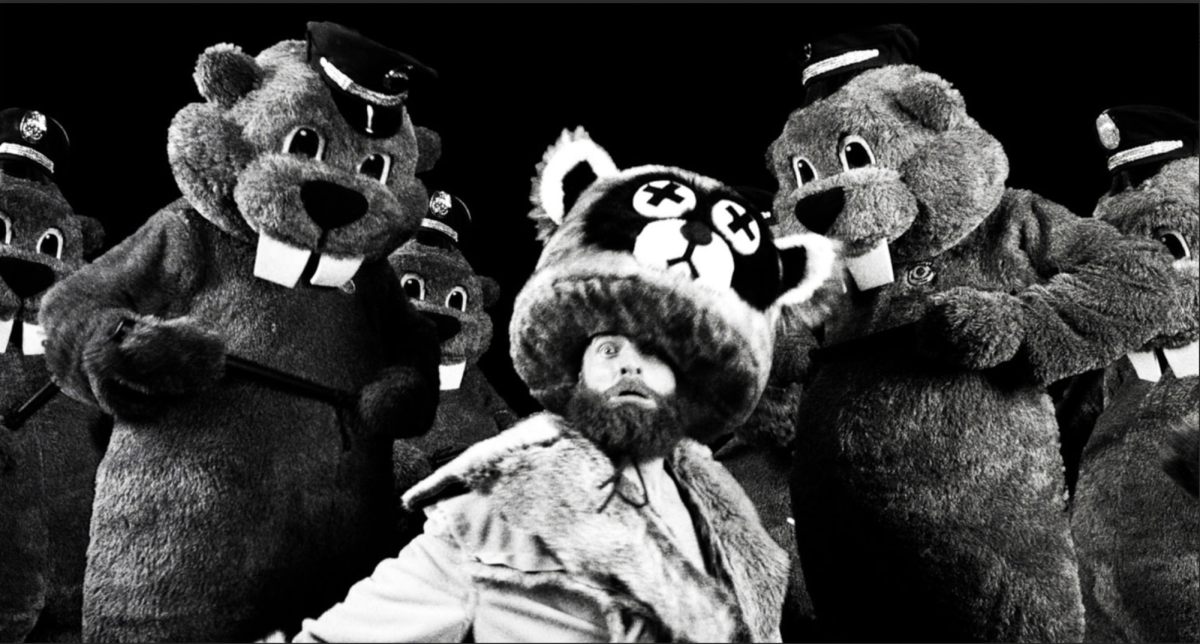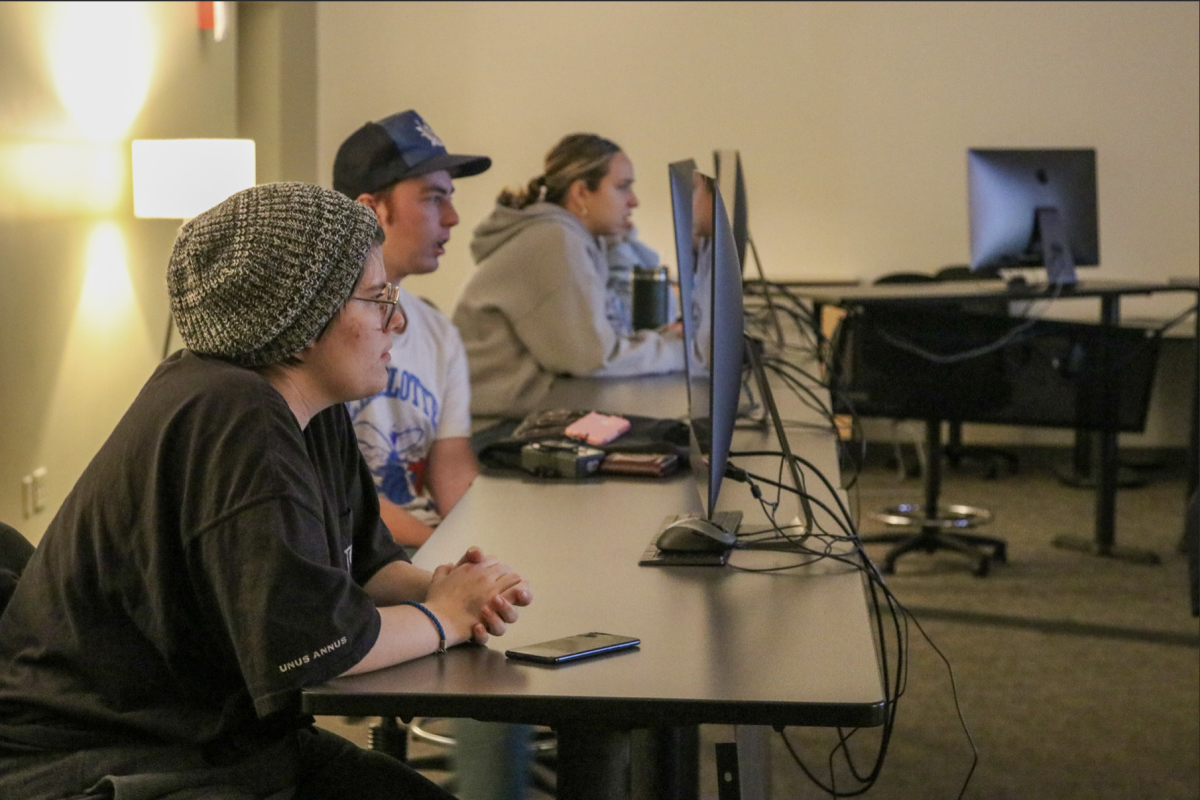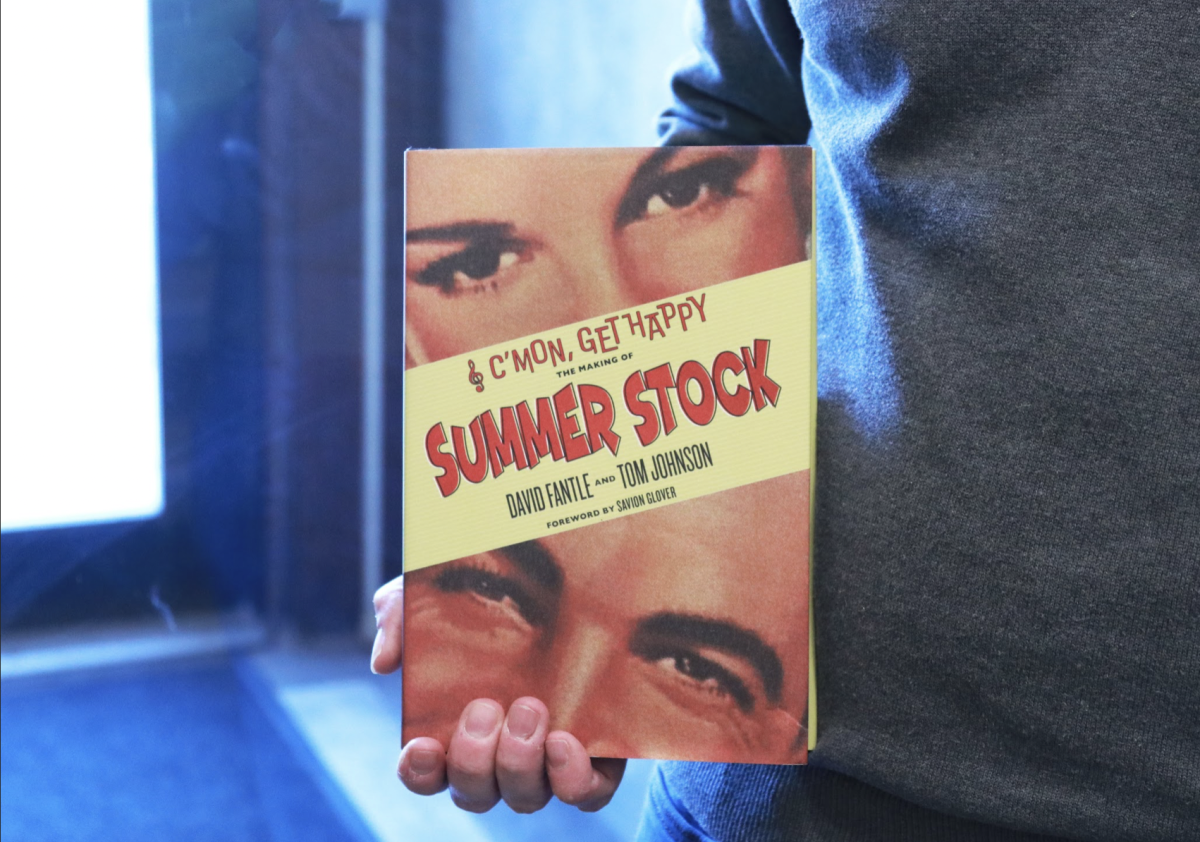 There are no words, really, to sum up how important Roger Ebert was to me and, far more importantly, the whole film world. But I’ll try.
There are no words, really, to sum up how important Roger Ebert was to me and, far more importantly, the whole film world. But I’ll try.
Even when I was in second grade, I loved movies. Every Friday, I would bring the weekend cue section of the Milwaukee Journal-Sentinel into class and read it to anybody who would listen. I didn’t see a whole lot of movies back then – I think my parents were nervous taking me to the theater after I freaked out in every single show they took me to – but I knew a lot about them.
It wasn’t until I saw the syndicated TV review show “Ebert and Roeper” that my passion took off. I was too young to have seen the original “Siskel and Ebert” program, but it’s clear watching clips now that those two had fascinating, wonderful chemistry that can’t be duplicated.
“Ebert and Roeper,” however, was still a riveting show, especially for my young sponge of a brain back in my grade school days. Watching these two critics debate something they loved was captivating, and their love for cinema and conversation – especially Ebert’s – was crystal clear. I would sit at my computer for hours, watching their reviews and listening to them dissect film.
That’s how I got introduced to Ebert’s reviews and writing, and from there the idea of writing about movies for a career. His articles were brilliant. If a movie was great, he made you want to see it for yourself. If it was terrible, he brought it down with logic and biting wit that was always entertaining, but somehow never pompous.
I’ve read his review of “Deuce Bigelow: European Gigolo” – in which he used his clever turn of phrase to defend fellow critic Patrick Goldstein from public, and inaccurate, attacks by star Rob Schneider – multiple times to friends and colleagues. It’s brilliant writing, and I insist you read it … and then read a few others.
His crowning achievement, however, was that he wrote to his readers like a friend, not a critic. I never met Ebert – I once took a photo outside of his supposed apartment in Chicago but was too afraid to knock on the door – but somehow, through his writing and his television appearances, I felt like I had. Everyone did. His articles contain so much thought and analysis, but it was always to share his excitement, not to brag about his own insight. And he succeeded marvelously.
No one has done more for the world of film criticism. There were certainly critics before Ebert, but his ability to make film thought and film criticism accessible for everyday readers influenced more people to follow his lead than anyone before him. Frankly, he’s not only the reason why so many critics do what they do now, but he’s the reason why anyone cares that critics do what they do in the first place.
As he grew older – and my own sensibilities about film grew and evolved – I found myself disagreeing more and more with Ebert. My friends and I would even poke fun at him by disregarding a terrific movie, saying, “Well, it was no ‘Knowing,’” referring to his glowing, four-star review of a widely panned Nicolas Cage sci-fi thriller. The week he gave three-and-a-half stars to the remake of “Death at the Funeral” while trashing “Kick-Ass,” I remember wondering if one of my favorite critics, one of my heroes, was losing it.
I couldn’t have been more wrong. I may have disagreed with him on multiple occasions, but even when I disagreed with Ebert, he still provided something to think about. If I didn’t think his writing had substance, I would’ve stopped reading.
When his cancer took his ability to speak and much of his lower jaw bone, Ebert kept writing without skipping a beat. He continued to crank out multiple movie reviews every weekend without losing any of his signature wit or thought. He could churn out eight reviews on a given weekend; most critics (raising my hand) get flustered writing half that amount.
When Ebert tragically passed away last Thursday after his long fight with cancer, the world lost more than a critic. We lost an innovator. We lost an inspiration. We lost one of film’s loudest cheerleaders. We lost a Pulitzer Prize winner and an overall brilliant literary mind.
Saddest of all, we lost a friend.



